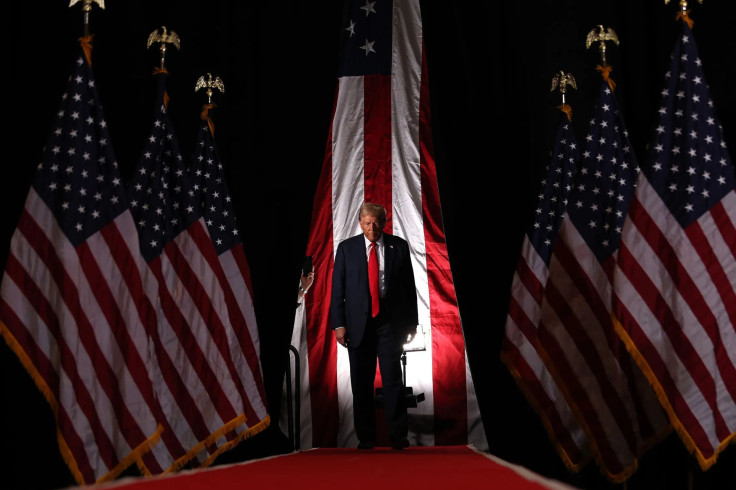
Donald Trump became the 47th President-elect of the United States on Wednesday, defeating Vice President Kamala Harris in the race for the White House. Looking forward, Trump will be officially sworn in on Jan. 20, but before that happens, Harris will have to preside over the certification of the electoral votes in Congress.
The sitting vice president, Harris in this case, serves as the president of the Senate. Hence, they are constitutionally-bound to oversee the certification of Trump's win by Congress on Jan. 6, meaning she will certify her own loss when the time comes.
As the Senate website explains: "The Constitution names the vice president of the United States as the president of the Senate. In addition to serving as presiding officer, the vice president... formally presides over the receiving and counting of electoral ballots cast in presidential elections."
The situation in which the defeated candidate certifies the election results is not new. In fact, former vice president Al Gore did the same thing in 2000 after a historic election against former president George W. Bush.
Former President Richard Nixon (then the vice president) also became a member of the club when he certified his loss to President John F. Kennedy. He was asked to select which state of electors to count from Hawaii, one favored him, while a recount had Kennedy on top. Nixon allowed the Democratic slate to be counted for then-president-elect Kennedy and certified his opponent's win.
Eight years later, former Vice President Hubert Humphrey did not attend the certification of his defeat, leaving the Senate president pro tempore to announce that Humphrey had lost to Nixon.
The certification process will likely take months, finishing around Jan. 6, as states certify results and electors meet to cast their votes for the candidate who won their state's popular vote. Most states have laws preventing electors from voting for the candidate who lost their state.
Traditionally, the vice president's role in this process is merely ceremonial and it's the final step in the complicated technical process of electing a new administration. But in a post-Jan. 6, 2021 world, that role is much more charged.
Following the 2020 election, Trump refused to accept his defeat and sparked a violent insurrection at the Capitol, when then-Vice President Mike Pence was to certify Democrat Joe Biden's win. That led Trump supporters to invade the Capitol, chanting "Hang Mike Pence."
Back then, Trump had wanted Pence to "do the right thing" and declare Trump the winner. Trump and his allies spent days trying to convince Pence to refuse to certify the results, even though the Constitution makes it clear that the vice president's role in the joint session is largely ceremonial, according to The Associated Press.
In 2021, Pence held his decision to uphold the results, a belief he holds today, saying "there's almost no idea more un-American than the notion that any one person could choose the American president."
© 2025 Latin Times. All rights reserved. Do not reproduce without permission.




